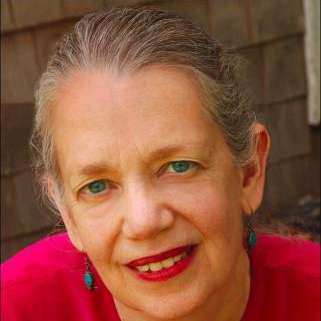In the programme notes to the Guildhall production of Journeying Boys, writer and director Iain Burnside reveals that the original idea behind the play came from Nick Sears, the Royal College of Music’s Head of Vocal Studies. It’s hard to know whether that disclosure was a giving of credit due or a disclaimer.
What Sears suggested was that the theatre piece, commissioned by the RCM, explore Benjamin Britten’s setting of parts of Rimbaud’s Les Illuminations through the theatrical device of juxtaposing the lives of Britten and Rimbaud, especially their relationships with Peter Pears and Paul Verlaine, respectively. Interesting idea, very Tom Stoppardesque. Which is to say it collides the roles that individuals play in the weaving of art and politics into a provocative study of historical coincidence.
There are three histories involved in Journeying Boys: that of Rimbaud and his scandalous life with fellow poet Paul Verlaine; the coming-of-age and finding of his sexuality of Britten, which is often identified with Britten’s beautiful setting of Rimbaud’s writings; and a contemporary cohort of young singers in a workshop, whose teacher is urging them to find their own artistic voices through the performance of Britten’s piece.
These three stories interweave, interrupting and modifying each other in order to provide multiple perspectives and sources of information. The most direct sources of information come from the didactic script for the young singers, who are exhorted by their teacher “to dig deeper” in their understanding of Rimbaud’s visions. Oddly, although the questions presented by the teacher give us the most data – what city is Rimbaud referring to? London! Right! – they somehow also separate us from the lives of both Britten and Rimbaud as artists.
It is clear how the two young artists were different: Rimbaud is portrayed as a reckless, driven bad boy, who will try any sort of drug, drink and sex to accelerate his pursuit of poetry and to enhance his challenge to the French bourgeoisie, and Britten, a rather innocent and repressed young Englishman, who is mentored, and even ridiculed, by the arch and snobbish W.H. Auden, for whom the exalted class system is a savoured way of life. Both boys, and they really were boys, barely out of their teens, are also gay, which doesn’t really seem to pose too many problems for them, even though they lived in societies where such practices were despised and considered criminal. That is addressed in a scene describing an indecency trial against Verlaine, in a sorrowfully forced bit of theatre in which a solicitor stridently defines the terms “penis” and “anus”, interrupting an otherwise beautifully sung version of Vaughan Williams’ gorgeous setting of Verlaine’s poem The sky above the roof.
Something is missing in the portraits, though. It is only touched on at the end when Rimbaud (Steffan Donnelly) confronts the audience with an explanation of the poet’s striving: a poet, he claims, is a seer. And in order to become a seer, the poet must seek derangement through “the pursuit of the senses”. In other words, the poet must do whatever necessary to reach into the farthest corners of the human mind – to risk all. Until he speaks that, the audience is never given either boy’s sense of themselves as an artist. True, we are given pieces of their work, which shine forth brightly in the context of the play, but these poems and songs are also curtailed in order to keep the dramatic action of the play moving forward. The listener just begins to give over to the work, when it stops, and the drama reels on. Though entertaining, the play never reaches into the farthest corners of the artist’s mind.
The performers, all from Guildhall School of Music and Drama, including alumni Steffan Donnelly and Paapa Essiedu, acted and sang excellently. Allowing through their wonderful singing some of the true artistic beauty of Britten and Rimbaud to vivify the stage and the audience’s lives.


